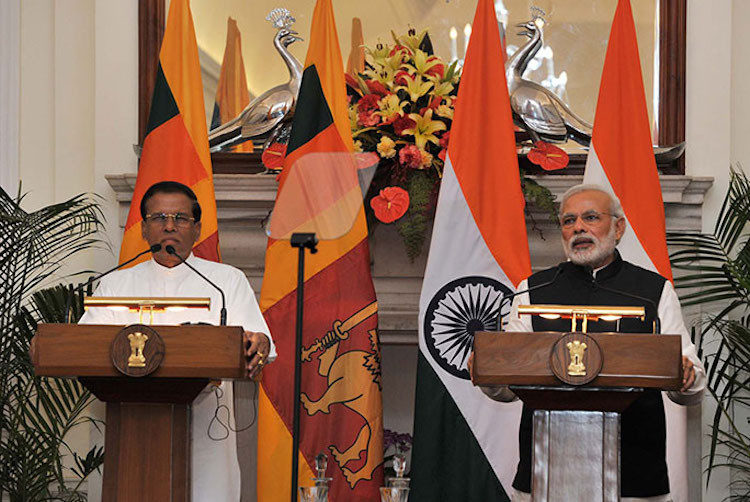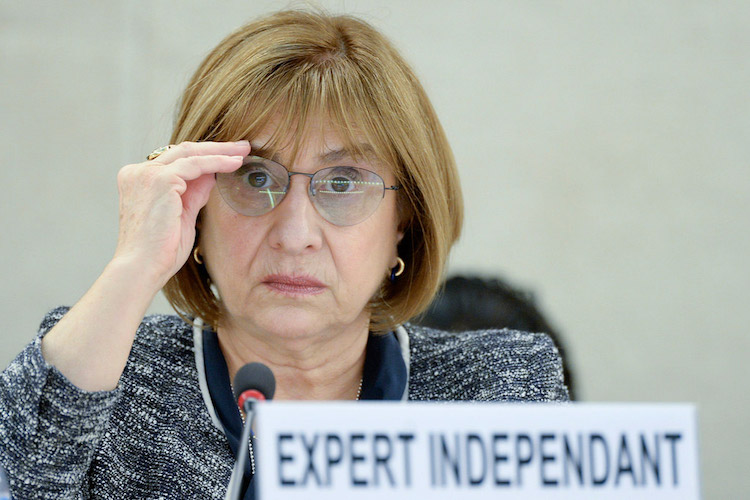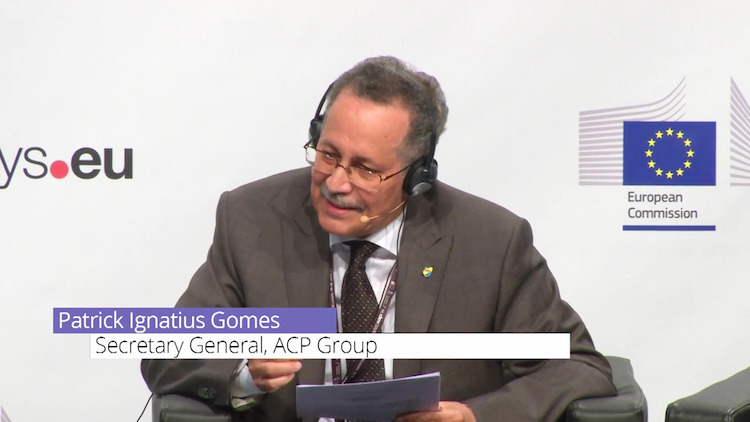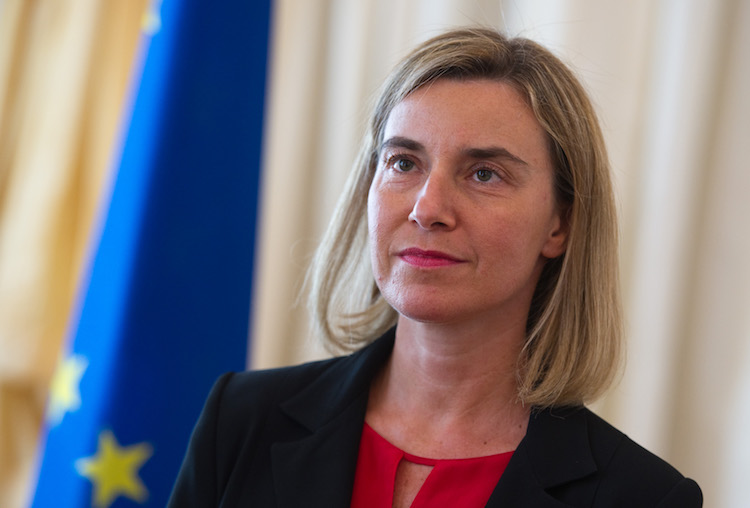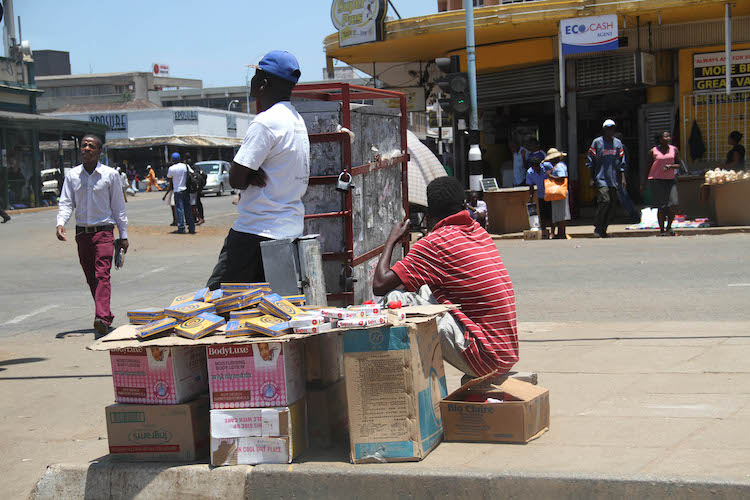Analysis by Dr Palitha Kohona
The writer is former Permanent Representative of Sri Lanka to the United Nations in New York, previously Head of the UN Treaty Section. Dr Kohona was closely involved with the Uruguay Round of Trade negotiations.
COLOMBO (IDN) – The Prime Minister, Ranil Wickremasingha, has declared that Sri Lanka will sign the proposed Economic and Technical Cooperation Agreement (ETCA) with India urgently as a means of cushioning the possible negative effects of Brexit on the country.
As to whether the proposed ETCA will be effective in realising this goal has not been properly discussed. Nor have the deeply felt reservations of the Sri Lankan business and professional communities about the ETCA been adequately addressed.

